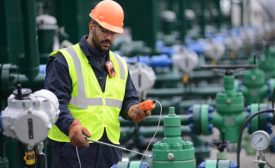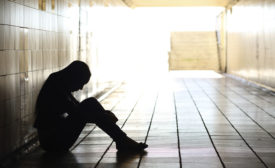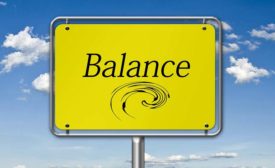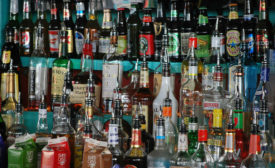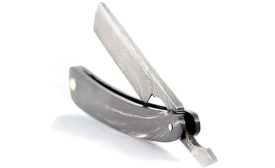Psychology in the Workplace
First responders, 9/11 terrorist attack survivors at risk
High rate of drug/alcohol-related deaths in WTC survivors
October 24, 2018
‘Safety culture’ is a messy concept
Too many interpretations lead to haphazard applications
October 4, 2018
Never miss the latest news and trends driving the safety industry
eNewsletter | Website | eMagazine
JOIN TODAYCopyright ©2024. All Rights Reserved BNP Media.
Design, CMS, Hosting & Web Development :: ePublishing
